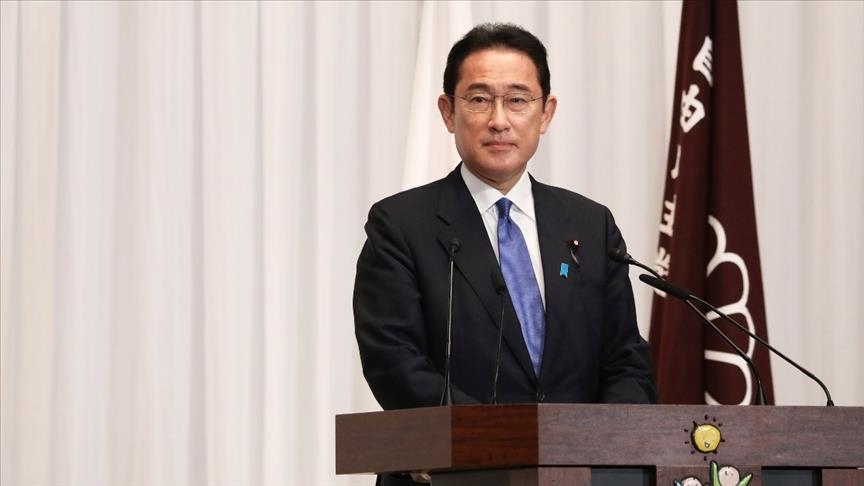Fumio Kishida, The Prime Minister of Japan, recently announced his resignation?

Fumio Kishida, the Prime Minister of Japan, recently announced his resignation, marking a significant shift in the country’s political landscape. This decision comes amidst a backdrop of political, economic, and social challenges that have increasingly put his leadership under scrutiny. Here’s a detailed analysis of the factors contributing to Kishida’s resignation and the implications for Japan’s future.
Political Pressures
The Liberal Democratic Party (LDP), which Kishida leads, has faced internal dissent and factional disputes. These internal issues have been exacerbated by a series of disappointing electoral results, which have weakened Kishida’s position within the party. The most recent elections, in which the LDP underperformed, were a significant blow to Kishida’s leadership, leading to increased calls for his resignation from within the party and among political analysts.
Economic Challenges
Japan’s economic situation has been another major factor influencing Kishida’s resignation. During his tenure, Japan has grappled with a sluggish economy, high public debt, and stagnation in wage growth. Despite various policy measures aimed at revitalizing the economy, including fiscal stimulus and monetary easing, Kishida struggled to achieve significant economic improvements. The Japanese economy has faced persistent deflationary pressures and an aging population, which complicate economic recovery efforts. Kishida’s inability to effectively address these economic challenges and deliver substantial progress contributed to growing dissatisfaction with his leadership.
Social Issues and Scandals
Social issues and controversies have also played a role in Kishida’s resignation. His administration faced criticism over its handling of various social policies, including those related to social inequality, healthcare, and education. Additionally, Kishida’s leadership was marred by several scandals, including allegations of corruption and mishandling of public funds. These scandals have not only damaged his personal reputation but also undermined public confidence in his ability to govern effectively.
Implications for Japan’s Future
Fumio Kishida resignation raises several questions about the future direction of Japanese politics and policy. The LDP will need to select a new leader who can address the pressing issues facing Japan, including economic recovery, social reform, and foreign policy challenges. The process of electing a new Prime Minister could lead to a shift in policy priorities and political dynamics within Japan.
In the short term, there may be a period of political uncertainty as the LDP navigates the leadership transition. However, this change also presents an opportunity for fresh leadership to tackle Japan’s ongoing issues with renewed vigor and innovative approaches.
Fumio Kishida’s resignation as Japan’s Prime Minister reflects a confluence of political, economic, and social challenges that have plagued his administration. While his departure signals a time of transition for Japan, it also opens the door for new leadership to address the country’s complex issues and chart a path forward.




